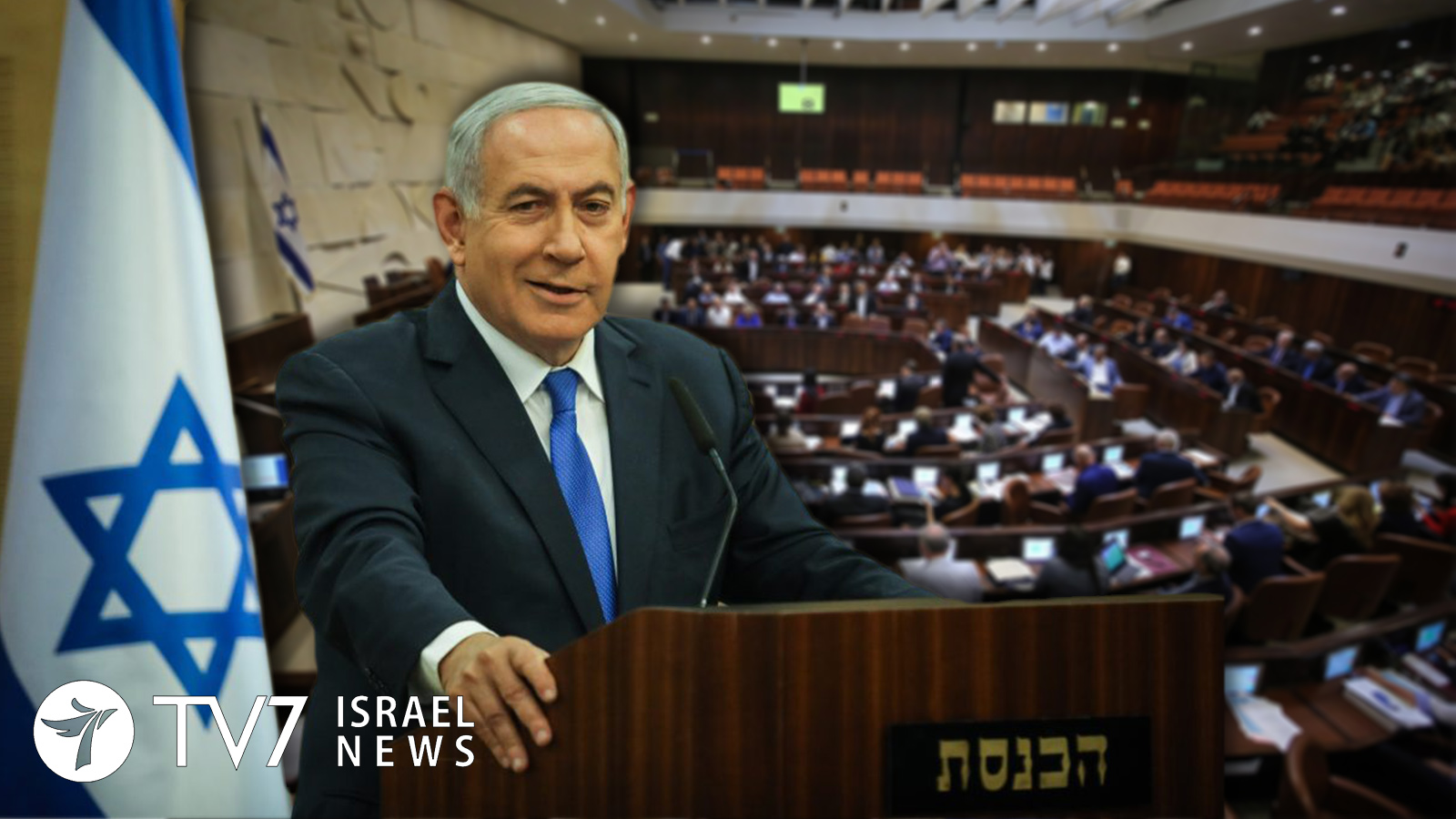The deadline for Israeli Prime Minister Benjamin Netanyahu to announce whether he intends to request Knesset immunity from state prosecution in the three corruption cases expires at midnight, upon expiration of the 30 day period since Attorney General Avichai Mandelblit announced his decision to indict Netanyahu on charges of bribery, fraud and breach of trust.
Failure to declare his pursuit of parliamentary protection will result in nullification of any future bids for immunity, and the indictment against him could be submitted to the courts as soon as next Sunday; whereas application for immunity is likely to delay the proceedings against him for many months. He canceled a planned statement regarding an expected immunity request just hours before it was to be delivered at 8 PM Israel time on Monday evening (December 30), without explanation.
Netanyahu is the first sitting Prime Minister set to be indicted. While Israeli law mandates the resignation of any cabinet ministers and mayors upon indictment, there are no specifications regarding premiers.
Theoretically, the Knesset House Committee must consider any immunity requests, which if approved by a majority vote must then be ratified by the 120 Members of Knesset (MKs). Currently there is no House Committee due to ongoing political turmoil, since a government was never formed after either of the nation’s 2019 elections. Nevertheless, legal counsel at the Israeli Parliament has already ruled that one can be established by a majority vote of the Knesset Arrangements Committee even at this time.
Necessary legal grounds to authorize immunity are include valid threats to the applicant’s freedom of expression, proven political persecution by prosecutors, he/she has already been disciplined by the Knesset, prosecution is not in the best interest of the public, or significant damage would be inflicted to Knesset operations or representation of the people if criminal proceedings were to proceed.
Meanwhile, Israel’s High Court of Justice delayed issuing a ruling on whether the Premier’s legal woes preclude him from being appointed with forming a ruling coalition if his Likud party emerges as victorious in the upcoming national election on 2 March 2020. The hearing was convened in response to a petition filed by 67 academic and hi-tech officials, who demanded Netanyahu legally be deemed ineligible to be tasked to form the next government while facing the bribery indictment related to Case 4000.
The petitioners’ attorney Daphna Holech-Lechner insisted the High Court established a legal precedent for barring Netanyahu’s participation with its 1999 ruling that compelled then-Interior Minister Arye Deri had to step down when indicted for similar offenses. Deri, who is a founder of the ultra-Orthodox Shas party, was ultimately found guilty in 2000 of committing of bribery, fraud, and breach of trust. He was sentenced to three years imprisonment but was released after 22 months behind bars for good behavior; and has since returned to politics.
Likud lawyer Avi Halevi argued the High Court must honor “the will of the nation” that could see Netanyahu’s re-election as premier, while Holech-Lechner maintained that “irreversible damage” would result if supporters cast their ballots in favor of Netanyahu only for him to be legally disqualified post-election.
Chief Justice Esther Hayut, Deputy Justice Hanan Melcer and Justice Uzi Vogelman nevertheless declined to issue a verdict regarding Netanyahu at the present time. The panel indicated that a decision could be handed down at unspecified future date, apparently if the Israeli leader indeed becomes a viable candidate to form a government based on the outcome of the election.
For his part, Attorney General Avichai Mandelblit called on the justices to restrict their consideration entirely on whether or not the matter should be debated upon at all. He also urged the court against ruling on the actual issue, having previously cautioned against risks of the High Court becoming embroiled or the determining force in Netanyahu’s ousting from office. Earlier this week, the Attorney General officially submitted a letter to Knesset Speaker Yuli Edelstein, containing a list of 333 witnesses set to testify at Netanyahu’s trial when it is ultimately held at the Jerusalem District Court.
Netanyahu has maintained innocence of any wrongdoing, dismissed the charges as an “attempted coup,” and refused to willingly resign the premiership. During a Likud party event on December 28, he said that seeking immunity from prosecution is not anti-democratic, but rather a “cornerstone of democracy.”
“The only immunity I am seeking right now is immunity from idle propaganda,” Netanyahu declared, before accusing his rival Blue and White faction of “talking crap all day with immunity, immunity, and more and more immunity.”
51% of Israelis oppose a bid by Netanyahu to seek immunity from prosecution, while only 33% support it; according to a Channel 12 opinion poll published on December 29.
